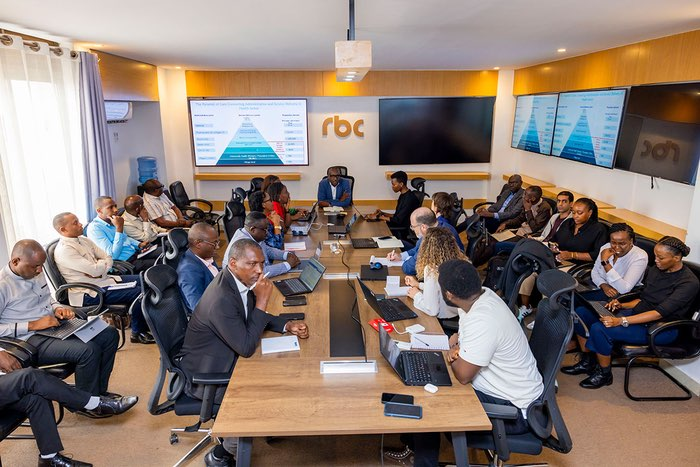
A pioneering research study in Rwanda aims to uncover critical insights into how the human body responds to Marburg Virus infection, and guide the development of new tests, treatments and vaccines.
Led by Rwanda Biomedical Centre (RBC), the study will invite individuals who have recovered from Marburg virus infection, along with their close contacts, to participate in advancing understanding of the immune responses and how the virus operates and persists in the body.
Rwanda rapidly and effectively responded to its first-ever Marburg virus outbreak, which was officially declared over on 20 December 2024. During the outbreak, 66 people became infected, the majority being healthcare workers who had direct contact with infected patients. While the virus claimed 15 lives, Rwanda recorded one of the lowest case fatality rates for Marburg virus to date.
By participating in this study, recovered persons and their close contacts will contribute to vital research aimed at identifying key immune markers, including antibodies, B cells, and T cells, that could signal protection against future infections. Gaining information on these immune insights is an essential step to help advance the first-ever safe and effective Marburg vaccines and other countermeasures to licensure. The study findings can also help to improve clinical care for such a deadly disease.
The two-year research project, based in Kigali, is funded by the Coalition for Epidemic Preparedness Innovations (CEPI) and conducted in collaboration with Rinda Ubuzima , a leading Rwandan clinical research centre.
“This partnership with CEPI marks a significant step in advancing our understanding of Marburg virus disease. The research will address critical scientific questions about how immunity develops in recovered people, providing key insights that can guide the development of vaccines, treatments, and improved clinical care. Rwanda remains committed to leveraging science and innovation to strengthen our health systems and ensure preparedness for future outbreaks,” said Prof. Claude Mambo Muvunyi, Director General of the Rwanda Biomedical Centre.
“Rwanda’s robust and laudable response to the recent emergence of Marburg in the country—which should become a blueprint for future countries tackling deadly diseases—meant that the majority of those infected with the virus recovered, providing scientists with this unique and game-changing opportunity to uncover more about Marburg infection and then use this information to build the tools to tackle future outbreaks” explains Dr Richard Hatchett, CEO of CEPI.
The new CEPI funding will also strengthen Rwanda’s research infrastructure, enhancing its capacity to conduct high-impact studies and respond more effectively to future infectious disease outbreaks.
Marburg virus is one of the deadliest pathogens known to infect people. Marburg virus infection results from prolonged exposure to infected bat colonies and can also spread via human-to-human transmission through bodily fluids. Symptoms include high fever, headache, malaise, muscle aches, diarrhoea and vomiting, which can be followed by hemorrhagic fever and possible death.
The Rwanda Marburg outbreak is the 18th outbreak recorded by the World Health Organization since the identification of the virus in 1967. In previous outbreaks, as many as 88 per cent of those infected have died.
CEPI and the RBC signed a Memorandum of Understanding in 2022 to improve and accelerate vaccine research, development, and manufacturing in Rwanda. CEPI and partners are also working with the Government of Rwanda to test the 100 Days Mission, a goal to shorten the time required to develop vaccines against new viral threats, through table-top exercises. (End)
